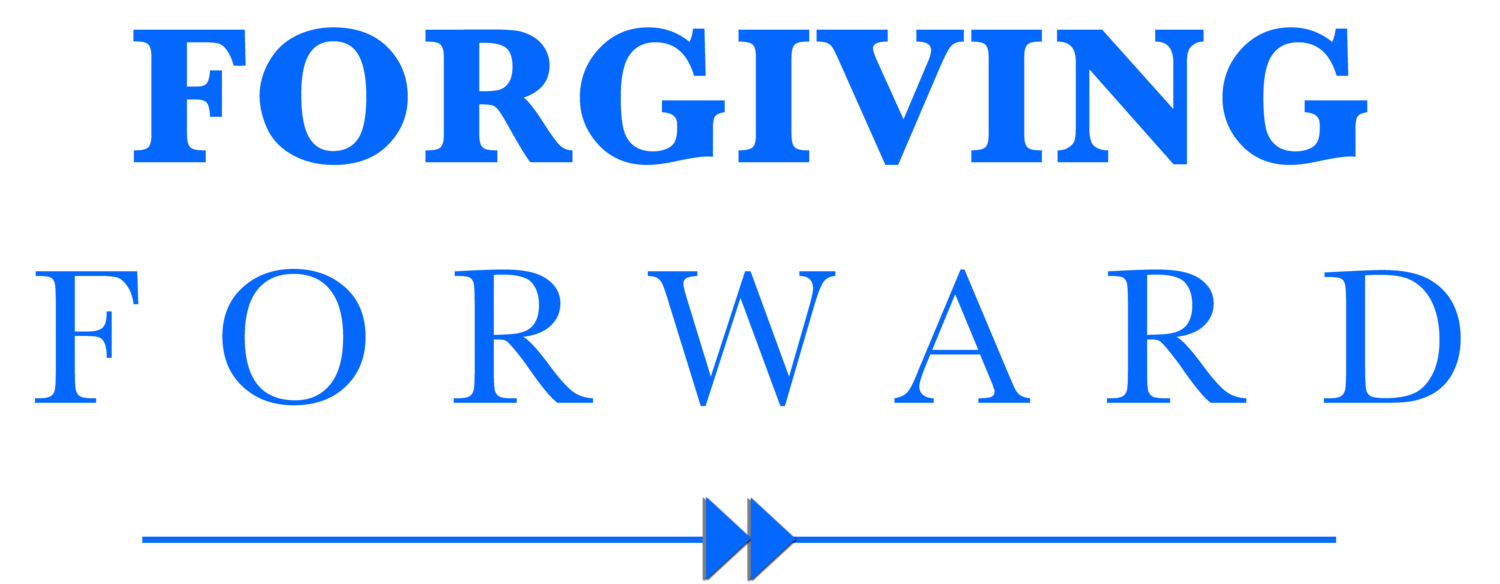Forgiving Forward Blog
A collection of forgiveness blogs, mission work updates, and life-giving videos and interviews that will inspire you to forgive and help others forgive.
GET ENCOURAGEMENT SENT RIGHT TO YOUR INBOX!
SPECIFICALLY…
The message of Gospel-centric forgiveness teaches us that we don’t forgive people, we forgive wounds and that freedom will be experienced when we forgive the specific wounds incurred against us. Jesus says in Matthew 18 that we should forgive “from our hearts.” To say, “I forgive my uncle,” period, is not forgiving from our hearts but from our minds, and the wounds in the heart are left behind to fester. Jesus, our supreme example, said, “Father, forgive them, for they know not what they DO.” So, to forgive from our hearts will sound like, “I choose to forgive my uncle from my heart FOR saying this, doing that, not doing this, making me feel,” etc. We must be specific. When we identify the wounds, specifically, by speaking them aloud and laying them at the cross, we will experience freedom.
What If I Need Forgiveness?
Well, my responsibility is to own my sin, basically to recognize the wounding and the pain that I've inflicted upon someone and own it and change my mind about it. Repentance. When you talk about reconciliation, you have to have both forgiveness and repentance. Repentance does not mean to change your behavior. It means to change your mind, which will ultimately change your behavior. Repentance is metanoia: to change your mind. So my responsibility is to recognize and confess what I did was wrong, confess it to God, and then go see what I can do to make it right. There's a passage where Jesus, in the Sermon on the Mount, in Matthew 5 says, "If therefore, you are offering your gift on the altar and you remember that your brother has something against you, leave your gift there before the altar. First go and be reconciled to your brother, then come and offer your gift.”


